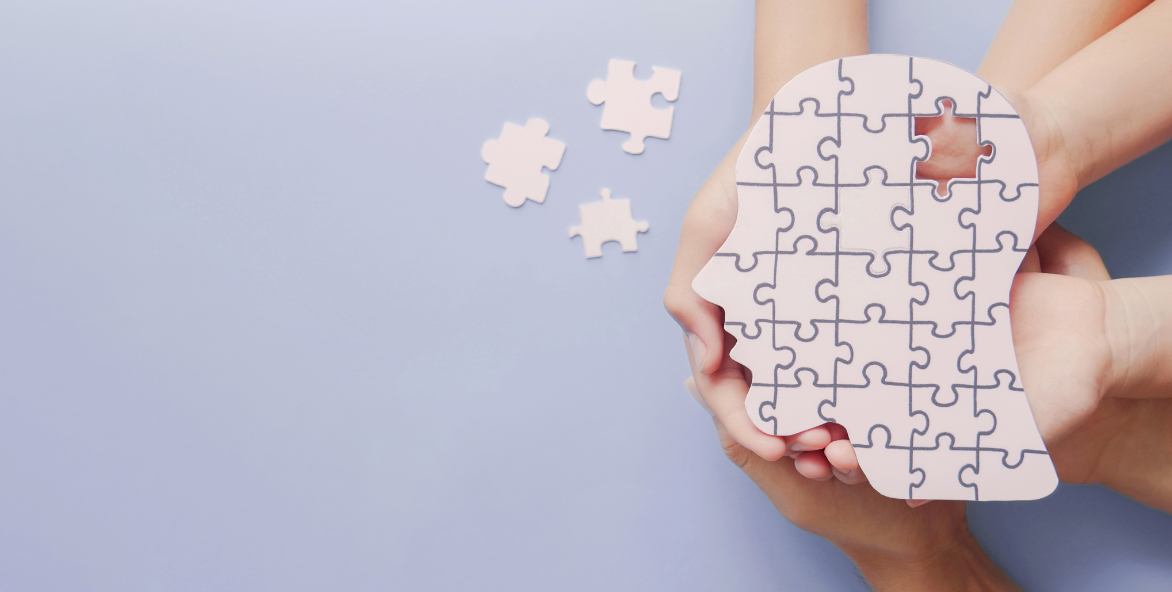Mental health is just as important as physical health. In today’s fast-paced world, stress, anxiety, and depression have become common issues, making mental health self-care practices essential for overall well-being. This article explores the significance of mental health self-care, practical strategies, and how these practices can improve your life.
Why Mental Health Self-Care is Important
Taking care of your mental health helps you lead a happier, healthier, and more productive life. Here are some key reasons why mental health self-care is crucial:
- Reduces Stress and Anxiety: Regular self-care activities help lower stress levels and keep anxiety in check.
- Enhances Emotional Well-being: Self-care practices promote positive emotions and reduce negative feelings.
- Boosts Productivity: When you prioritize mental health, you can focus better and be more efficient in daily tasks.
- Strengthens Relationships: A sound mind helps improve interactions with family, friends, and colleagues.
- Prevents Mental Health Disorders: Consistent self-care can help prevent conditions like depression and burnout.
Effective Mental Health Self-Care Practices
1. Practicing Mindfulness and Meditation
Mindfulness and meditation are powerful tools for mental health. They help you stay present, reduce negative thoughts, and enhance self-awareness.
How to Practice Mindfulness:
- Take deep breaths and focus on the present moment.
- Observe your thoughts without judgment.
- Engage in mindful activities such as yoga or tai chi.
2. Prioritizing Physical Activity
Exercise is not just for physical health; it also benefits mental well-being. Physical activities release endorphins, which are natural mood boosters.
Recommended Activities:
- Walking or jogging in nature
- Practicing yoga
- Strength training or aerobic exercises
3. Maintaining a Healthy Diet
A balanced diet plays a significant role in mental health. Nutrient-rich foods provide the brain with essential vitamins and minerals to function optimally.
Foods to Include:
- Leafy greens and vegetables
- Lean proteins and healthy fats
- Whole grains and nuts
4. Getting Enough Sleep
Poor sleep negatively affects mental health. Developing good sleep hygiene ensures proper rest and rejuvenation.
Tips for Better Sleep:
- Maintain a regular sleep schedule.
- Avoid screens before bedtime.
- Create a calming bedtime routine.
5. Socializing and Building Strong Connections
Humans are social beings, and meaningful relationships contribute to better mental health. Having a support system reduces feelings of loneliness and isolation.
Ways to Strengthen Social Connections:
- Spend quality time with loved ones.
- Join a community or support group.
- Engage in social activities.
6. Engaging in Hobbies and Creative Activities
Doing something you enjoy can reduce stress and enhance emotional well-being. Hobbies and creative activities offer a sense of fulfillment and relaxation.
Ideas for Creative Outlets:
- Painting, drawing, or crafting
- Playing a musical instrument
- Writing or journaling
7. Setting Boundaries and Managing Stress
Learning to say no and setting healthy boundaries is crucial for mental well-being. Overcommitting can lead to stress and exhaustion.
Ways to Manage Stress:
- Practice deep breathing exercises.
- Take breaks when needed.
- Avoid overloading yourself with responsibilities.
8. Seeking Professional Help When Needed
Sometimes, self-care alone is not enough. If you are struggling with persistent mental health issues, seeking professional help can be beneficial.
When to Seek Help:
- If stress and anxiety interfere with daily life.
- When experiencing prolonged sadness or depression.
- If you have difficulty managing emotions.
Conclusion
Mental health self-care practices are essential for leading a balanced and fulfilling life. By incorporating mindfulness, exercise, a healthy diet, proper sleep, and social interactions into your daily routine, you can significantly improve your emotional well-being. Prioritizing self-care is not selfish—it is necessary for overall health and happiness.
FAQs
1. What are some quick mental health self-care activities?
Some quick self-care activities include deep breathing exercises, taking a short walk, listening to music, journaling, and practicing gratitude.
2. How often should I practice mental health self-care?
Self-care should be a daily habit. Even dedicating 10-15 minutes daily to self-care can make a significant difference in your mental well-being.
3. Can self-care replace therapy or medication?
Self-care is an essential part of mental health maintenance, but it is not a substitute for professional treatment. If you have severe mental health concerns, consulting a therapist or medical professional is recommended.









Leave a Reply